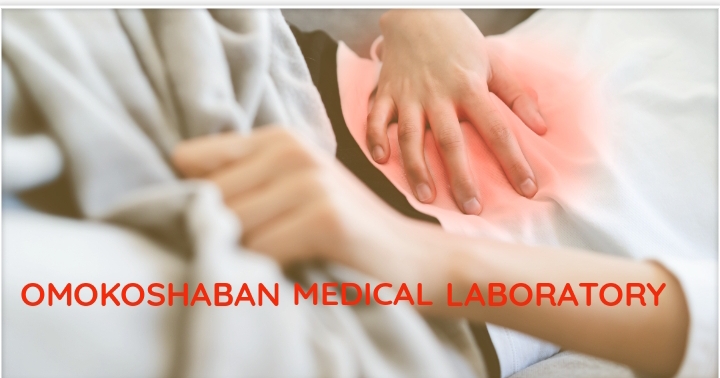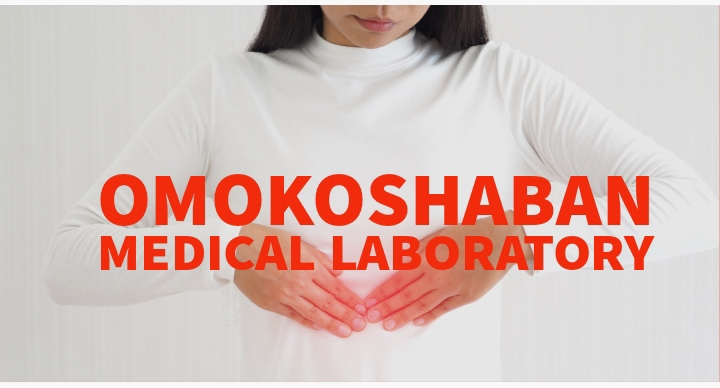DESCRIPTION
Idiopathic and chronic intestinal inflammation. Ulcerative colitis (UC) is a mucosal disease that almost always involves the rectum and may extend proximally to all or part of the colon. Note: There are more common infective causes of bloody stools e.g. amoebiasis and schistosomiasis, and dysentery e.g. shigellosis, which should be excluded.
GENERAL MEASURES
Surveillance colonoscopy to exclude dysplasia is required every 1–2 years in chronic ulcerative colitis of >10 years duration. Patients with disease limited to the rectum do not require surveillance colonoscopy.
MEDICINE TREATMENT
Correct electrolyte, haematinic and nutritional deficiencies via the enteral or parenteral route. Loperamide should not be used during the acute flare due to the risk of toxic megacolon. Acute episode Mild to moderate disease:
• Sulfasalazine, oral, 1–2 g, 6 hourly. o Monitor FBC. If there is no response to sulfasalazine: ADD
• Prednisone, oral, 1.5 mg/kg, daily. o Once the symptoms have resolved, taper dose by 5 mg/week over a period of three months.
Severe disease: Admit patient. Intravenous corticosteroids, e.g.:
• Hydrocortisone, IV, 100 mg 6 hourly. Failure to respond to 10 days of intravenous corticosteroids is an indication for an emergency colectomy. ADD
• Azathioprine, oral, 2 mg/kg daily. Specialist initiated. Continue treatment until corticosteroids can be tapered. Local disease: proctosigmoiditis Patients with limited disease rarely require inpatient treatment. They are usually systemically well.
• Mesalazine, rectal, 1 g daily. Specialist initiated. AND/OR
• Prednisone, oral, 1.5 mg/kg daily for 14 days. Maintenance of remission
• Sulfasalazine oral, 500 mg 12 hourly. o May be titrated to 1 g 6 hourly. Patients with recurrent severe attacks to maintain remission:
• Azathioprine, oral, 2 mg/kg daily. Specialist initiated.
REFERRAL
» Confirmation of diagnosis. Initiation of long-term therapy.
» Refractory cases.
» Fulminant colitis needs hospital admission and surgery may be required. All patients with a severe flare should have abdominal X-rays. Markers of a severe flare are: > > > > Tachycardia (> 100 beats per minute). Temperature > 38ºC. > 6 bloody stools per day. Dilated colon or small bowel on X-ray.
Toxic megacolon (transverse colon diameter > 6 cm on X-ray) requires hospital admission, parenteral fluids, corticosteroids, antibiotics and nasogastric suction.
This is a medical emergency and if the colonic dilation does not resolve within 24 hours an emergency colectomy is indicated, as the risk of perforation is high.
» Surgery.



